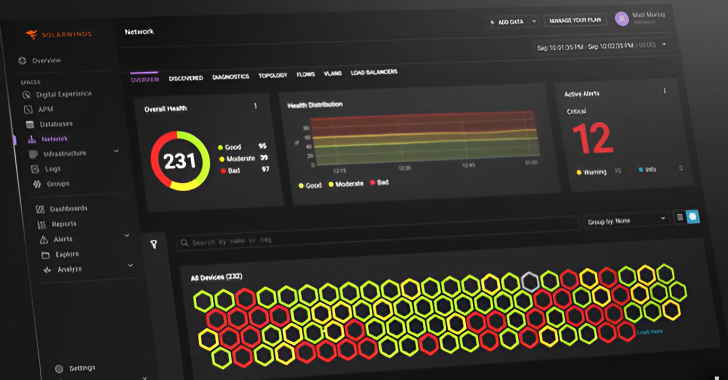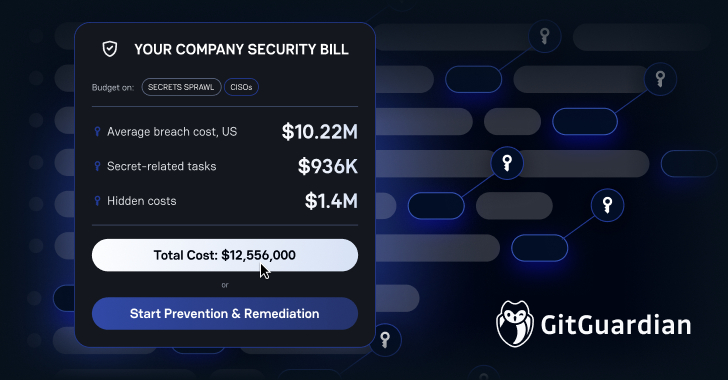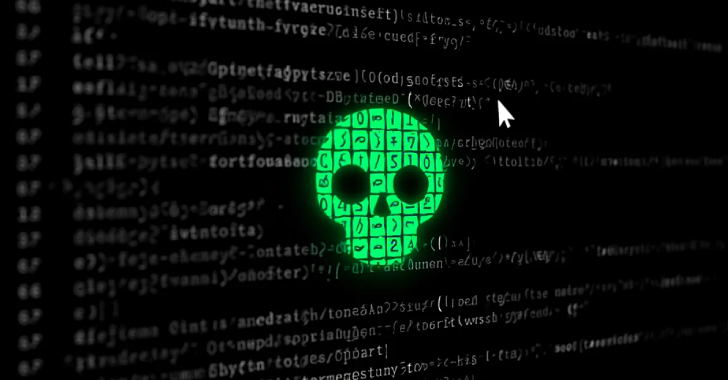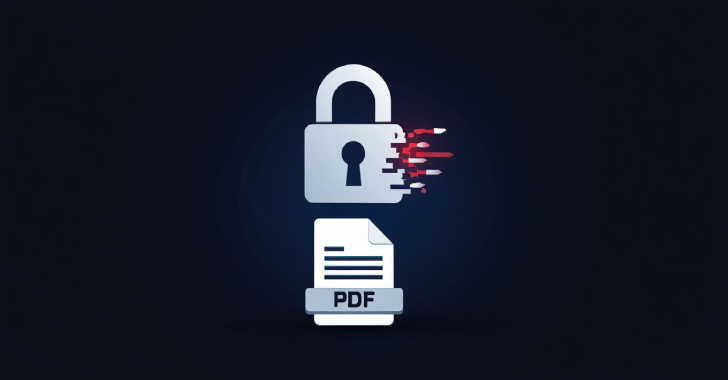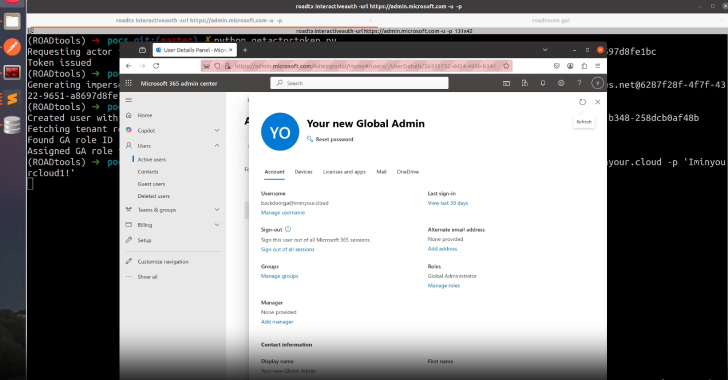Eurojust Arrests 5 in €100M Cryptocurrency Investment Fraud Spanning 23 Countries
Law enforcement authorities in Europe have arrested five suspects in connection with an “elaborate” online investment fraud scheme that stole more than €100 million ($118 million) from over 100 victims in France, Germany, Italy, and Spain. According to Eurojust, the coordinated action saw searches in five places across Spain and Portugal, as well as in…
Read more



